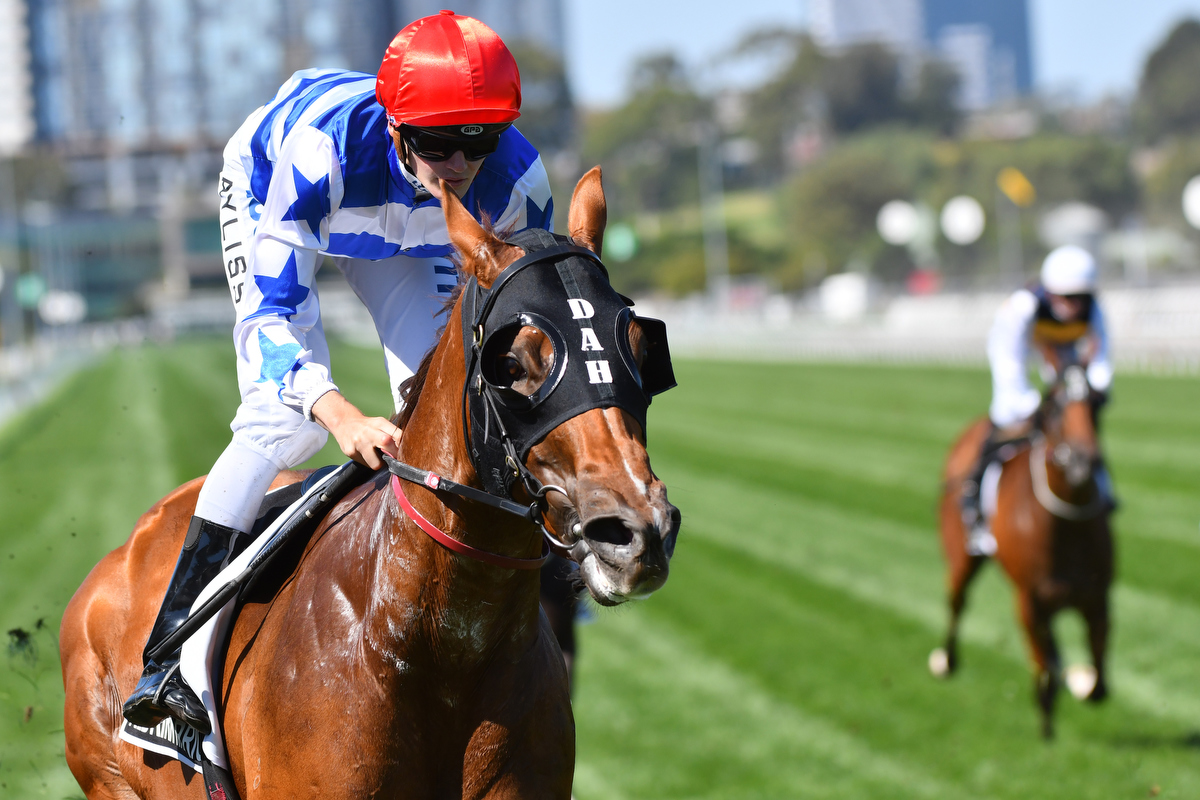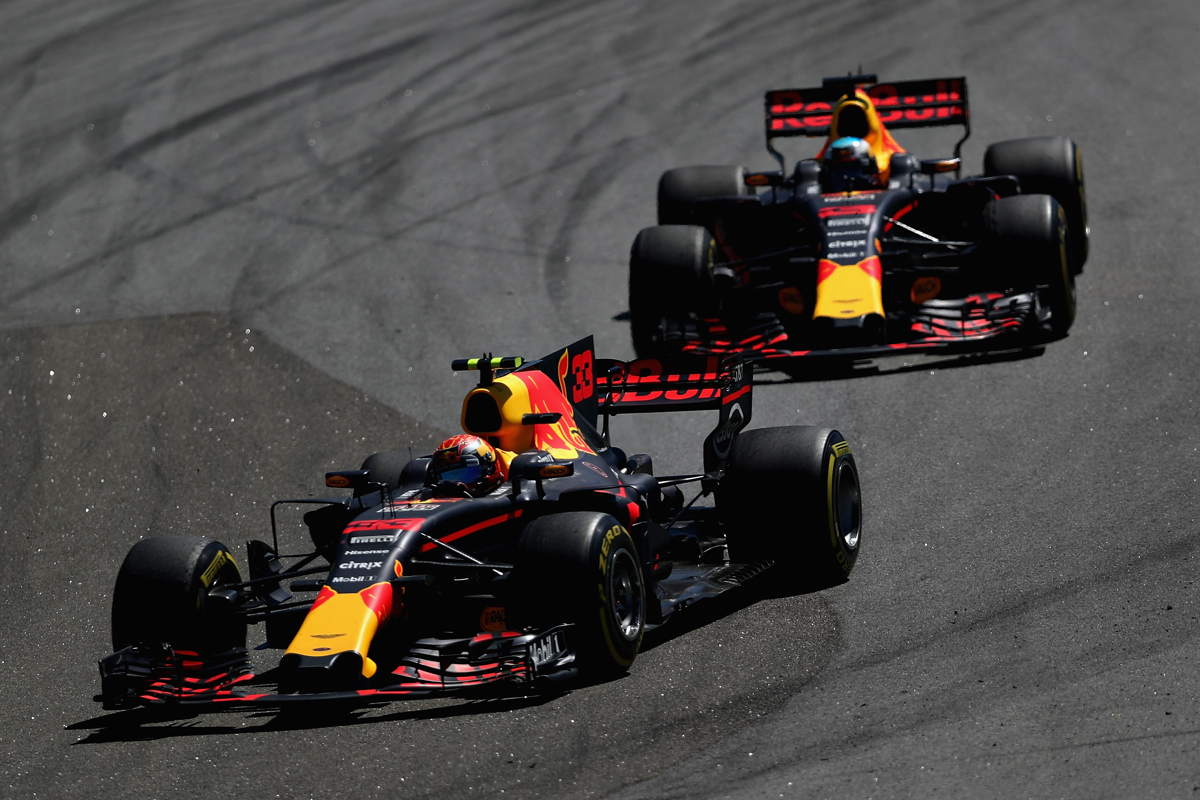ARE imported horses stealing our major races and the big prizemoney at the expense of Australia-bred gallopers? BRIAN MELDRUM dissects the results:
WHEN THE redoubtable Redkirk Warrior stormed down the outside rail to win back-to-back Newmarket Handicaps at Flemington last Saturday the dinky-di Aussie racing purists were impressed, but they weren’t happy.
“Bloody imports!” one was heard to mutter. “Now they’re knocking off our sprint races as well as the distance races. Even the the second horse (Brave Smash) came from overseas. What’s wrong with the locals?” In other words, horses bred in Australia and New Zealand.
I didn’t see him after the Australian Cup, but I reckon he would have been tearing his hair out – well, what’s left of it – when imported runners finished one-two-three. The first two home, Harlem and Gailo Chop, both began their racing careers in France, while the minor placegetter, Ventura Storm, started off in the UK.

Earlier that day, in a an 1800-metre restricted handicap, Kings Will Dream, a horse who raced three times in England before being bought by syndicater Brad Spicer, made it four wins from as many starts in Australia, beating the long-shot Riyadh, who raced in Hong Kong for three years before coming out here.
It seems a big-time metropolitan meeting rarely goes by when imported horses don’t have a say in proceedings, and this has prompted much discussion about what appears to be an increasing domination, and a shutting out of the home breds.
But is this really the case? Well, it depends on which way you look at it.
Firstly, the finish of last Saturday’s Newmarket was something of an aberration. The number of sprinters imported into Australia in recent times, or anytime for that matter, you could count on the fingers of one hand. Well, nearly.
It is in races of 1600 metres or more where the imports have had the greatest impact, and it seems as the distances get longer the greater the impact. Three of the past eight Melbourne Cup winners were imported stayers, and another four were visitors from overseas.
Three of the last five foreign-bred horses to win the Melbourne Cup have been owned by Lloyd Williams, who in recent years has bought several dozen European-bred stayers, purely with the intention of winnng the Cup.
Money is no object to Williams, and to a lesser degree the big syndicators, notably Australian Bloodstock and OTI, both of whom have reaped rich rewards with tried stock, mainly middle distance horses and stayers, bought overseas.
In a numbers sense the success of the imports has been considerable, but a breakdown of Group One, Two and Three open class races, run over 1600 metres and beyond in Australia so far this season, suggests the locally bred brigade isn’t doing too badly.
Overall there have been 46 Group races of between 1600 metres and 3200 metres run in Australia since the beginning of August last year, of which the home bred’s have won 30, the imports 14, and overseas-trained visitors two. A healthy margin, you have to say, in favour of the locals.
The record of the locals in Group races of 2000 metres plus isn’t too bad either, although it does indicate the strength of the imported stayers. Of the 29 contested, 16 have been won by the locals – the best of them being former WA galloper Boom Time’s Caulfield Cup victory – and 10 by imported horses. The other three were won by horses trained internationally.
The picture isn’t quite so rosy at Group One level, although on face value it looks ok. Seventeen have been run since the beginning of August, of which the locals have won 11, the imports five, and the visitors one, courtesy of Rekindling in the Melbourne Cup. But the figures are skewed somewhat by the fact the mighty mare Winx notched four of those wins.
Look, there’s no doubting the influence imported horses are having on Australian racing, particularly at the top end of the market and in the longer races, many of which are well served by prizemoney. And because owners here have something of a predilection for sprint bred horses, nothing is going to change soon.
But I do believe, my bald-headed friend, that things are not as bad as they seem.
Brian Meldrum has been a racing journalist for more than 47 years, and is a former Managing Editor - Racing, at the Herald Sun.



Discussion about this post